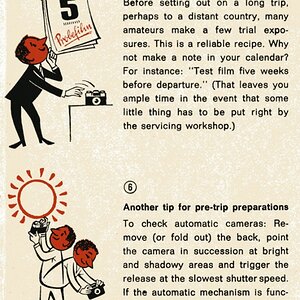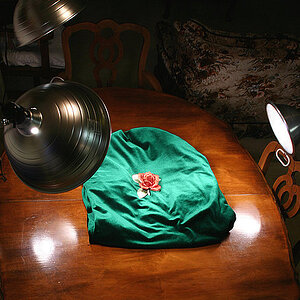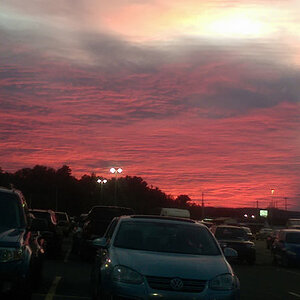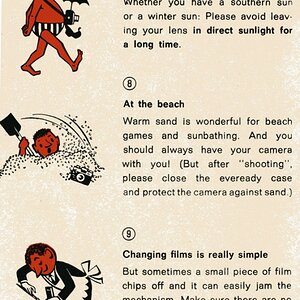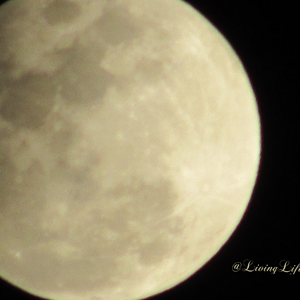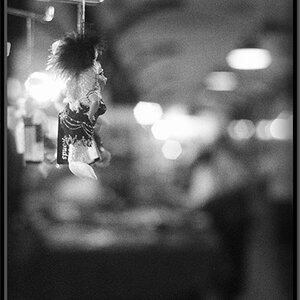Derrel
Mr. Rain Cloud
- Joined
- Jul 23, 2009
- Messages
- 48,225
- Reaction score
- 18,941
- Location
- USA
- Website
- www.pbase.com
- Can others edit my Photos
- Photos OK to edit
When Instagram started out it only allowed users to post square aspect ratio photos. Of course that has been changed, and the vast majority of the photos that I see these days are shown as verticals. Vertical video, once largely regarded as anathema has come to be the standard on many platforms and for many content creators. Instagram has gone from a photo display platform to more of a real time social media and an advertising platform.
If a person really butchers a photo with an absolutely horrible filter job, that is one thing. But if a person just does a little bit of color toning,or converts a color image to black-and-white, and your copyright is on the front of the photo, is that such a bad thing if say 1000 people see it?
If a person really butchers a photo with an absolutely horrible filter job, that is one thing. But if a person just does a little bit of color toning,or converts a color image to black-and-white, and your copyright is on the front of the photo, is that such a bad thing if say 1000 people see it?




